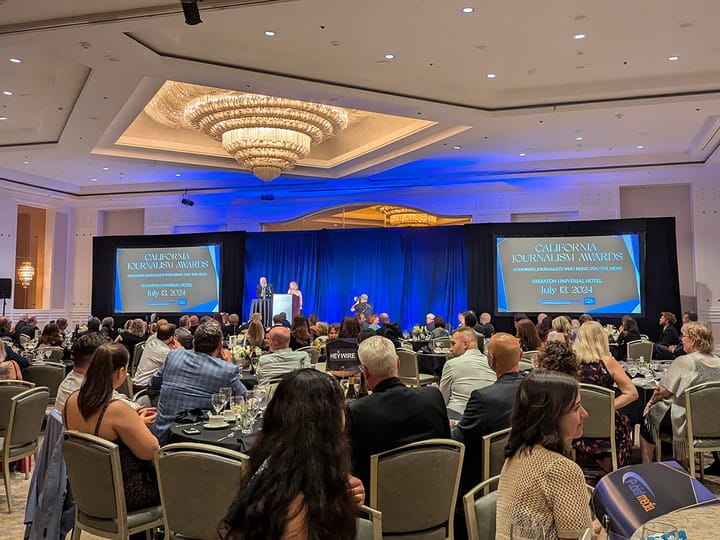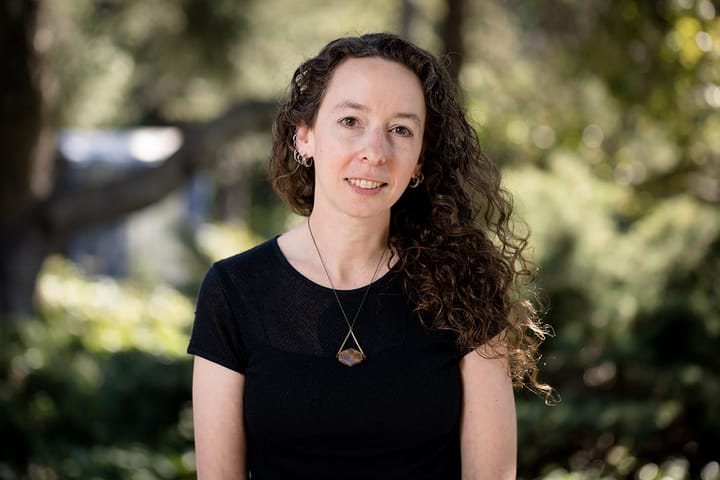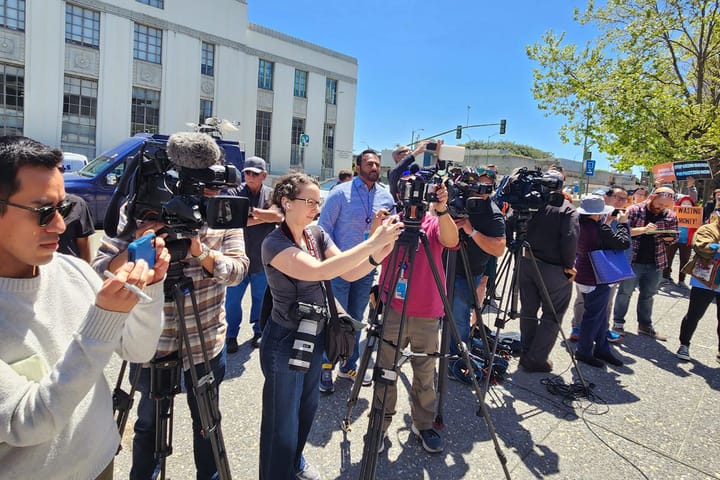Opinion: Pamela Price does not get to decide who's a journalist
A version of this piece was originally published over the weekend in the San Francisco Chronicle.
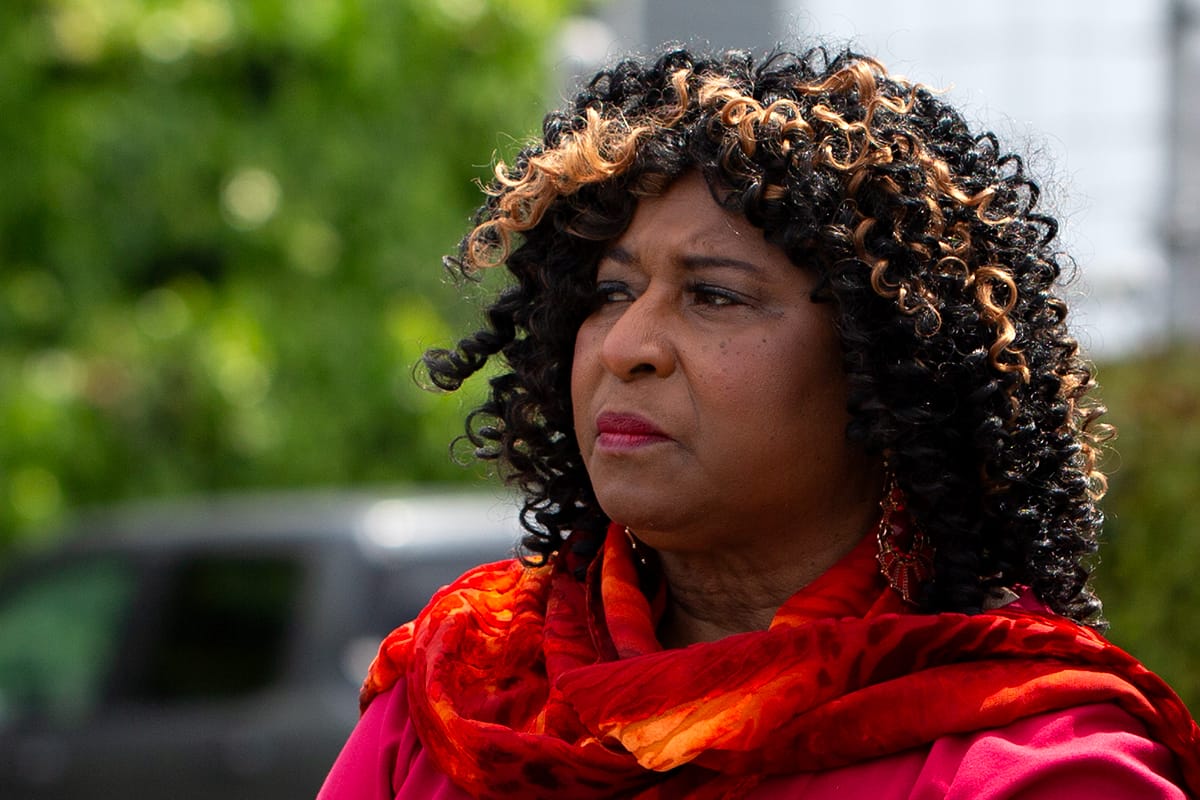
Earlier this month, Alameda County District Attorney Pamela Price turned me away from a news conference, a clear violation of my First Amendment rights.
On Nov. 29, I showed up at her headquarters for a press event on victim services. But an inspector for her office who recognized me motioned me off to the side.
A few minutes later, two Price staffers asked to talk to me. They told me I was not welcome.
They rejected my media credentials and questioned my legitimacy as a news reporter, despite my 20-year career in the field. They left after a prolonged debate.
And then Pamela Price walked out of the elevator and denied my request herself.
Over the years, I’ve been a crime reporter in Modesto and run a community news site in Albany. Then I worked at Berkeleyside for a decade, covering cops, City Council, development, breaking news and more.
Last year, I launched my own news outlet, The Berkeley Scanner, where I focus exclusively on public safety, including the Alameda County District Attorney’s Office.
What happened outside the press room was the culmination of a fractious relationship that began in February when I published an exposé surfacing concerns from veteran prosecutors about how Price was running the office.
They said Price had put some of the most experienced prosecutors on leave without cause and abruptly transferred others, walking longtime staff out of the building and decimating morale.
They questioned early charging decisions and said Price was on the hunt to find office leaks.
Since then, despite many media inquiries and interview requests, I have struggled to get my questions answered.
Read more First Amendment coverage on TBS.
I have repeatedly fallen off the DA's email announcement list and, when I asked to be put back on in October and November, was told only that my request was “under review.”
Some of Price’s employees have also made it clear that I am disliked because of my coverage.
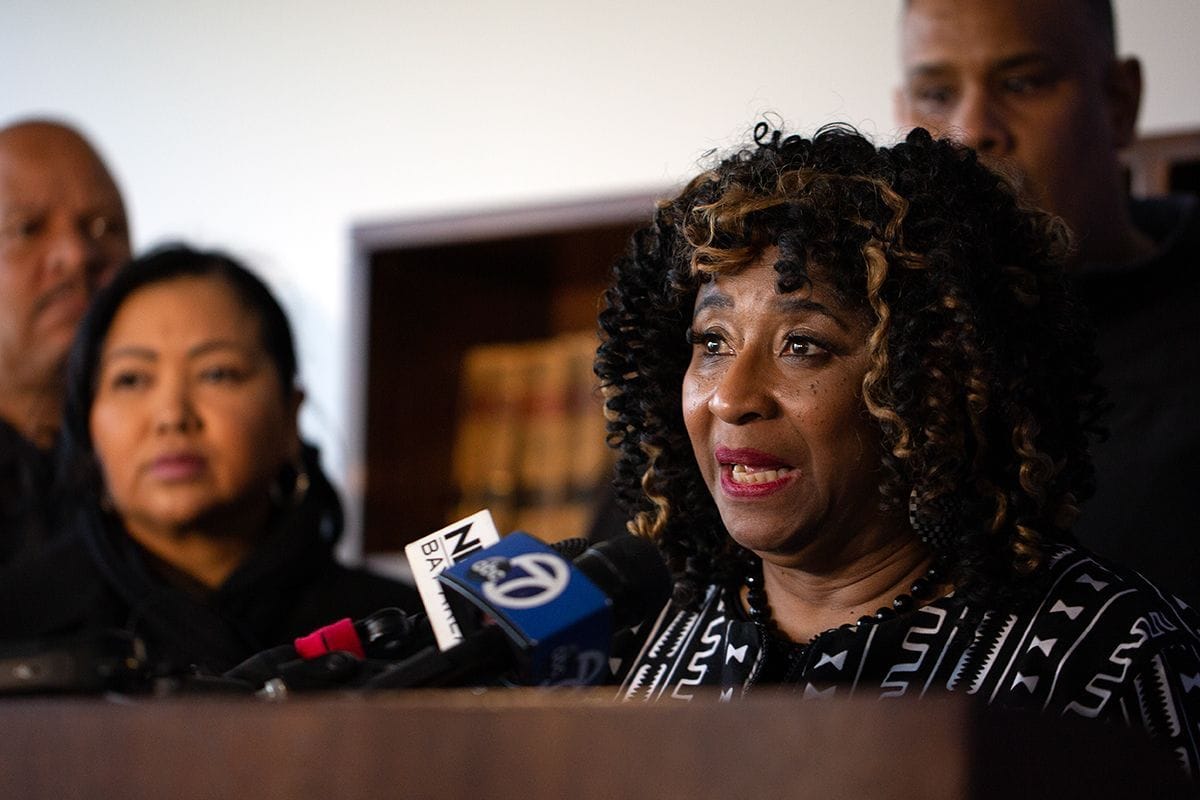
Here’s the thing: Legally, the government does not get to decide who is a journalist and who can attend general news conferences.
Officials can choose whom to grant exclusive interviews and whom to call on in the press room. But they cannot keep you out of the room altogether. Under the law, if you gather news and report to the public, you qualify as a journalist.
The DA's office put forward several reasons for excluding me. But none were legally defensible and, upon scrutiny, fell apart.
First, they said they had to limit access due to security concerns and that my credentials were insufficient. I did have active credentials, which I displayed. But why would I need special credentials when they immediately recognized me and knew me to be a reporter?
I watched all the other reporters go into the press room without being stopped or asked for identification. And I was never asked to leave the building. Would either be true if there had been an actual security concern?
Until Price took office, the district attorney worked out of the main Oakland courthouse by Lake Merritt, where there are metal detectors and Alameda County Sheriff’s deputies at the door.
For unknown reasons, Price moved her headquarters to a much less central building where those measures weren’t in place, ultimately creating her own problem.
If the office does have safety concerns, the solution is to add security. It’s not to keep out working journalists whose coverage has included critical reporting.
The DA's office also claimed to be following longstanding practices that predated Price, practices that required a certain newsroom structure to qualify as a reporter.
Trouble is, the standards they described are not widely held and the previous district attorney, Nancy O’Malley, had no such rules.
"There has never been an incident where a member of the press was excluded from a press event," O’Malley said by email, of the DA's office dating back to Earl Warren. "We have always upheld the belief that the First Amendment lifts up Free Speech and a strong press corps is important."
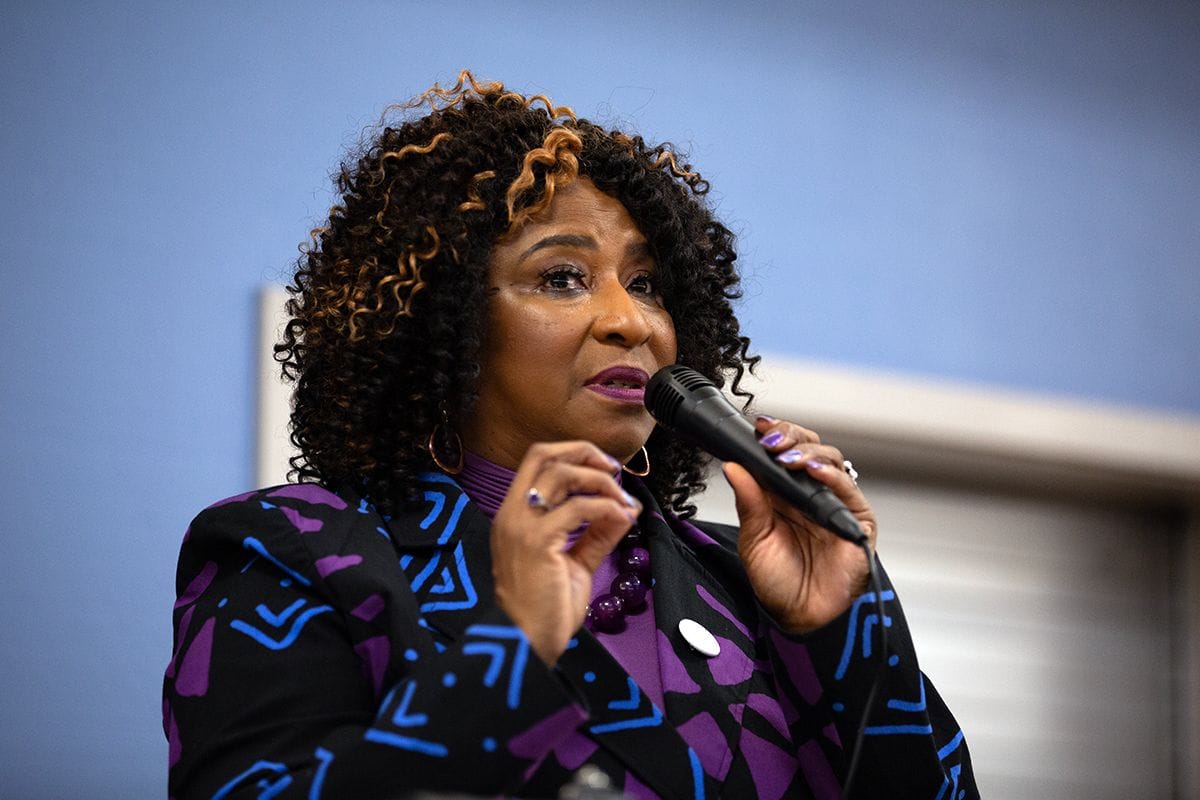
Price’s office later announced that my removal from the press list had been an "oversight" — but failed to explain why the oversight was not corrected when I repeatedly raised the issue over a six-week period.
When Price put me back on the list, in the face of mounting pressure, her office said she now plans to develop guidelines for "clear and transparent media credentials … that balance the need for public safety alongside accommodating today’s journalists," adding: "This critical work is long overdue at the Alameda County District Attorney’s Office."
O’Malley took issue with that assertion, saying, "It is simply not true that 'changes in practice and policy are long overdue.' History shows that the only needed change is within the current administration."
First Amendment experts also have questioned the need for media credentials because, again, the government should not be in that business.
In San Francisco, where some smaller outlets have been excluded from media events, groups that include the Society of Professional Journalists Northern California Chapter, part of one of the most established journalism organizations in the nation, are fighting that battle as we speak.
But what it really comes down to is that, if someone in a press conference creates a problem, that can be addressed on a case-by-case basis. Heavy-handed screening of reporters, under seemingly false pretenses, is not the answer.
Despite Price’s claims that her office is committed to transparency, what happened to me at the press conference seems emblematic of something else. And it’s not the only thing that’s happened.
Breaking the longstanding precedent set by O’Malley, the Alameda County District Attorney’s Office under Price no longer provides basic charging documents to reporters by email.
And some journalists, including me, have been singled out for intimidation and smear tactics by the Price campaign.
As for me, this entire episode has been an important reminder about the critical role the First Amendment plays in our democracy.
Unfortunately for Price, who is facing a recall effort driven largely by the families of homicide victims and community members concerned about our local crime wave, the ill-considered move to exclude me has simply brought a new bout of scrutiny onto her already embattled office.
A version of this piece was originally published in the San Francisco Chronicle.



